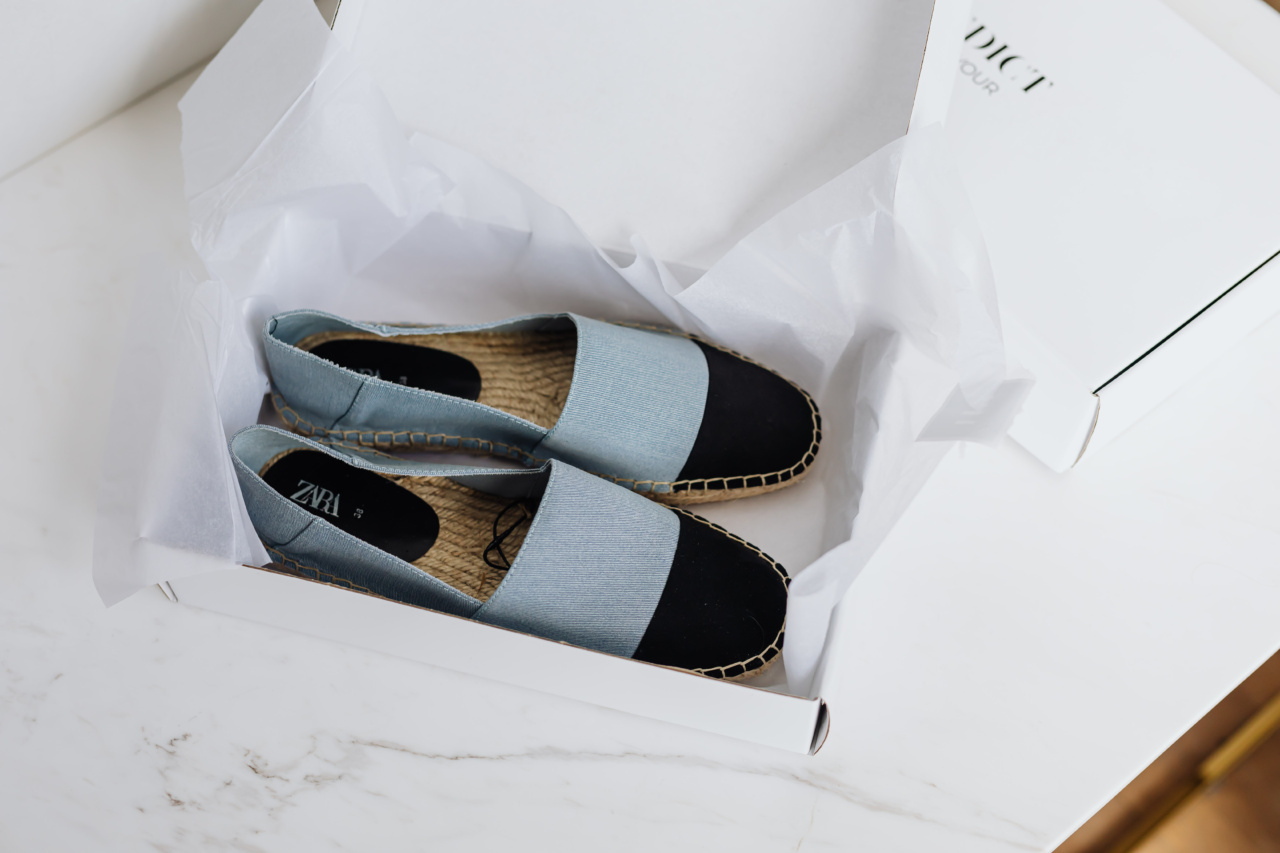When it comes to material possessions, there is a prevalent belief that buying expensive things will make us happier. The allure of having the latest gadgets, luxury cars, and designer clothing can be enticing.
However, is happiness truly found in the price tag of our belongings? This article explores the link between buying expensive things and happiness, delving into various factors that contribute to our overall well-being.
The Hedonic Treadmill
One of the primary reasons people believe that buying expensive things leads to happiness is the concept of the “hedonic treadmill.” This theory suggests that humans have a baseline level of happiness, and material possessions can temporarily elevate this level. However, over time, we adapt to these new possessions, and their novelty wears off, causing us to return to our previous level of happiness.
Contextual Factors
While the hedonic treadmill paints a bleak picture, there are contextual factors that can influence how buying expensive things affects our happiness.
For example, if a person is facing financial difficulties, buying an expensive item may cause significant stress and anxiety, negating any potential short-term joy it could bring. On the other hand, individuals who have financial stability may experience a temporary boost in happiness from purchasing expensive things.
Social Comparison and Status
Another reason people are drawn to buying expensive items is the desire to showcase wealth and elevate their social status.
In today’s society, we often measure success and worth based on external markers such as the brands we wear or the cars we drive. By owning expensive things, individuals hope to gain social recognition and acceptance, which can contribute to a sense of happiness. However, this happiness is often contingent on external validation and can be fleeting.
Materialism and Well-Being
Materialism, the belief that possessions and wealth are central to one’s happiness, has been extensively studied in relation to overall well-being.
Surprisingly, numerous studies have found a negative correlation between materialism and well-being. People who place a high value on material possessions tend to experience lower life satisfaction, higher levels of anxiety and depression, and reduced positive emotions.
This suggests that finding happiness through expensive purchases may lead to a false sense of satisfaction.
The Paradox of Choice
In modern consumer culture, the abundance of choices can often be overwhelming. Research has shown that having too many options can lead to decision paralysis and dissatisfaction.
When buying expensive items, individuals may face an array of choices that can induce anxiety and diminish the happiness associated with the purchase. In some cases, the desire to make the perfect choice may even prevent individuals from making a purchase altogether, resulting in frustration and dissatisfaction.
Experiential Purchases
While material possessions may provide temporary happiness, studies have shown that experiential purchases tend to have a longer-lasting positive impact on well-being.
Experiences such as vacations, concerts, or dining out create lasting memories and contribute to a person’s sense of self. Unlike material possessions, which can lose their appeal over time, the memories formed from experiential purchases continue to bring joy and fulfillment, even long after the event has taken place.
Emotional Connection and Personal Values
Expensive purchases can indeed bring happiness if they align with a person’s personal values and create an emotional connection.
For example, if an individual values sustainability and purchases an expensive eco-friendly vehicle, the satisfaction derived from aligning their actions with their values can enhance overall happiness. Similarly, expensive purchases that hold sentimental value, such as heirlooms or meaningful gifts, can foster emotional connections and contribute to a lasting sense of happiness.
Financial Consequences
Buying expensive things can have significant financial consequences, particularly if they are beyond one’s means.
The stress and worry associated with mounting debt and financial instability can outweigh any fleeting happiness derived from these purchases. It is essential to consider the long-term implications of buying expensive things and evaluate whether the potential happiness they offer is worth the potential financial strain.
Finding True Happiness
In the pursuit of happiness, it is crucial to recognize that true and lasting happiness does not solely reside in the realm of material possessions.
Research consistently shows that relationships, personal growth, and a sense of purpose contribute far more to overall well-being than any expensive item ever could. Cultivating meaningful connections, engaging in activities that bring intrinsic joy, and pursuing personal growth are the key ingredients to finding true happiness in life.
The Moderation Approach
Instead of adopting an extreme stance on purchasing expensive things, a moderation approach may provide a healthier balance.
By being mindful of our spending habits and understanding the reasons behind our desire for expensive possessions, we can make more informed decisions. It is essential to distinguish between needs and wants, focusing on fulfilling our basic needs while occasionally indulging in items that genuinely bring us joy and align with our values.
Conclusion
Buying expensive things may bring temporary happiness and the perception of a higher social status. However, true and lasting happiness lies beyond material possessions. It stems from meaningful relationships, personal growth, and a sense of purpose.
While it is natural to desire and occasionally enjoy expensive purchases, it is essential to critically evaluate their impact on our overall well-being and consider alternative avenues for finding true happiness.



























